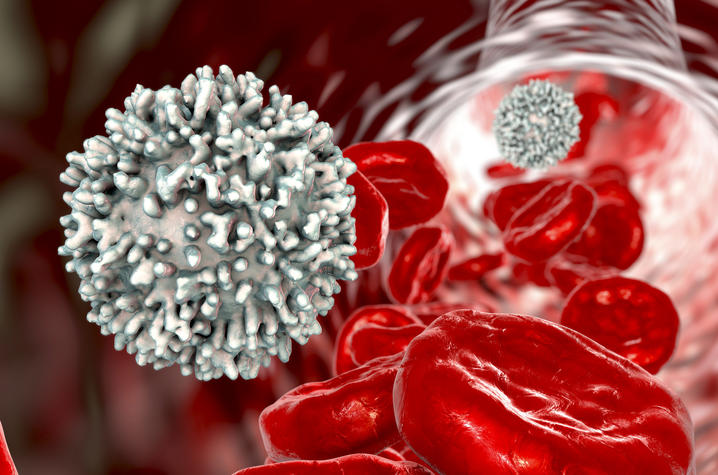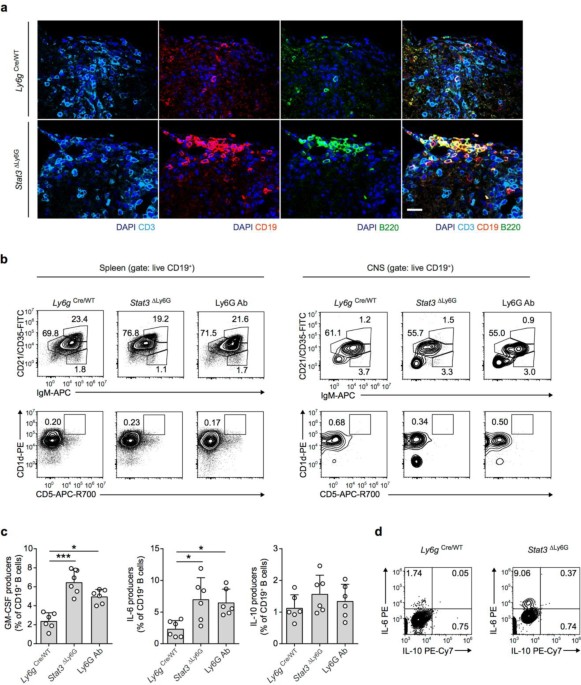
Subclass Profile of IgG Antibody Response to Gluten Differentiates Non-Celiac Gluten Sensitivity from Celiac Disease
A new study of the antibodies produced by people with gluten sensitivity may lead to a better way to detect the condition and treat it.
Until recently, many doctors often dismissed the complaints of people who claimed to be sensitive to foods containing gluten but did not have celiac disease, a well-documented autoimmune disease triggered by exposure to the dietary protein found in wheat, rye, and barley.
That view has changed in the past few years, based partly on studies by Armin Alaedini, PhD, assistant professor of medicine at Columbia University Vagelos College of Physicians and Surgeons, that have delved into the biological basis for non-celiac gluten sensitivity.
But ...
Read More








Recent Comments